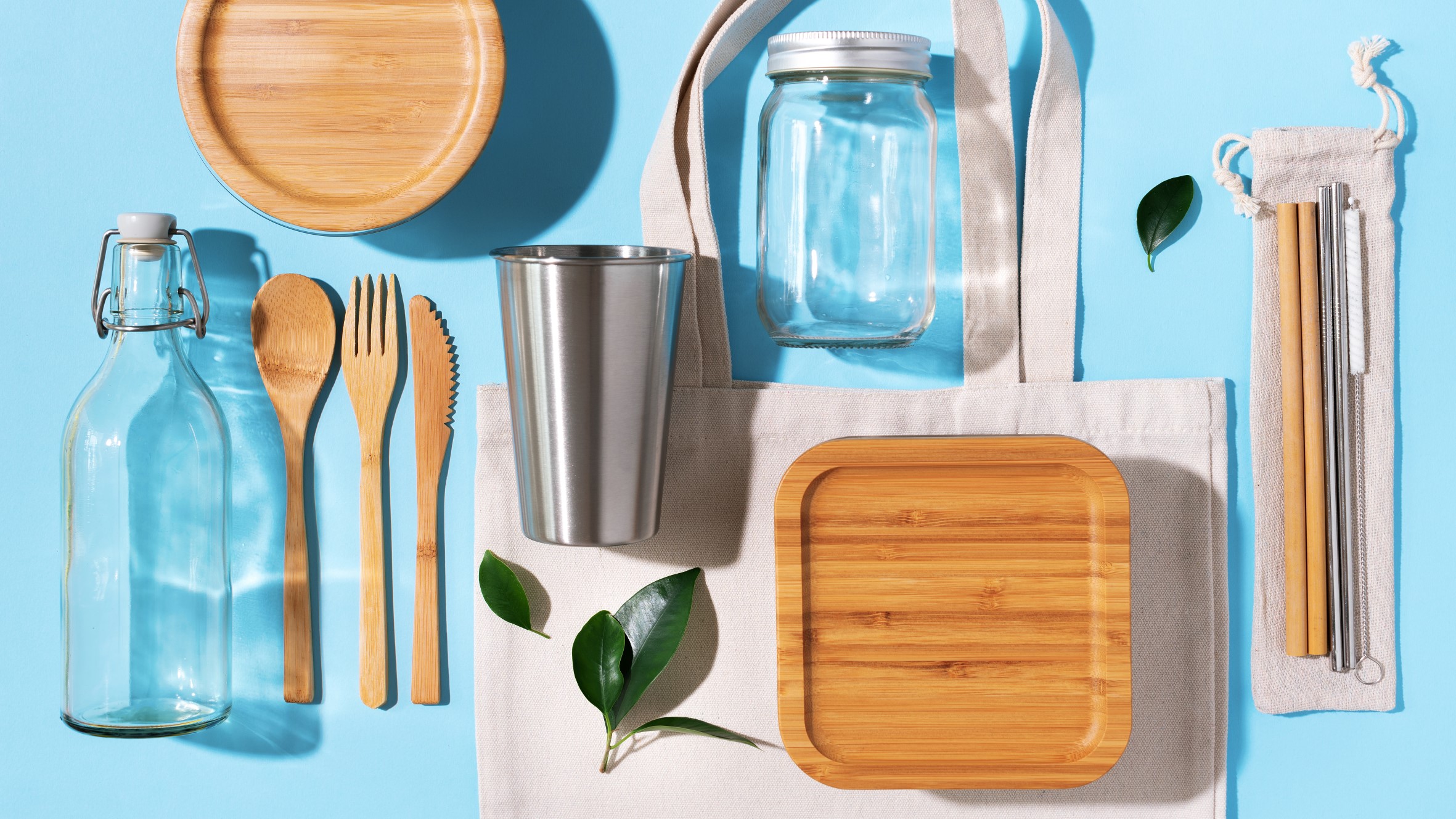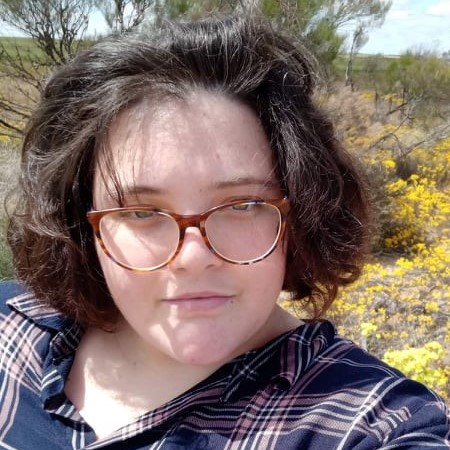
Reusables in the time of COVID
By Stephanie Collins & the Recycle Right team
In the context of a pandemic, it is common to find yourself reassessing your lifestyle and priorities. We may now be prioritising health and lowering infection rates, but that doesn’t mean we have to sacrifice our efforts in sustainability.
The uncertainty of our situation reinforces a need for the resilience that sustainability brings. We are capable of merging these ideals and there are ways to safely work towards sustainability during the COVID-19 pandemic. Remember, when it comes to sustainability it’s about progress, not perfection.
Steps in the sustainable direction
With the new year, the Western Australian government began the first phase of a two-phase ban on single-use plastics. This first stage includes the phasing out of plastic bags, straws, cutlery, plates, bowls, and cups. Enforcement for this first phase of the ban commences 1 July so now is a great time to get into reusable items if you haven’t already.
This initiative is supported by the Boomerang Alliance’s Plastic Free laces program. Keep an eye out for businesses labelled as plastic free champions—they’ve eliminated all their key single use plastic items!
Can we still have our coffee?
The thought of having an item that you take with you out into the world and bring back home to use over and over again may make you hesitate when trying to avoid infection. But don’t give up on your reusable products just yet!
Early on in the COVID-19 pandemic some businesses, including in Western Australia, placed a temporary restriction on some reusables, such as reusable coffee cups. But the reality is that viruses and germs are just as likely to be on a single-use cup as they are on your reusable one. A reusable cup, such as KeepCup, is not only a good way to control who comes in contact with your coffee cup, but it’s also a great sustainable option, and you only have to buy it once!
Here are some tips to keep your coffee run COVID safe:
- Use your own cup, or try a keep cup
- Check here for BYO friendly cafes
- Be respectful of workers, ask for a contactless pour
- Check for stores with cup/container take-back programs
- Keep your reusables clean
- Wash or sanitise your hands before touching your reusable items
- Keep your reusable items in your bag as much as possible, avoid putting them on surfaces
Trashless Takeaway
COVID safe reusable items aren’t just limited to your morning caffeine hit. Many restaurants, fast food outlets, bakeries, delis, and juice joints are happy to accept your clean, reusable containers for takeaway food and drinks. The BYO Containers campaign has put together an amazing database of BYO friendly businesses which includes not only trashless takeaway options but also businesses that accept containers for groceries and cleaning products. Check out their handy map to search for places near you where you can grab a bite to eat minus the unnecessary disposable items.
Sanitisation
The final step in safely using your coffee cup, or any other reusable item for that matter, is to make sure you keep it clean. Wash your reusables after every use (hint: especially important to remember if you’re more than a ‘cup a day’ coffee drinker). It’s also worth checking to make sure items can be placed in the dishwasher before doing so.
If you’re handwashing your coffee cups, make sure you take apart the lid and get into any of the tricky little nooks and crannies where bacteria might like to live. If you are going the extra mile and using disinfectant on your reusables make sure that it’s food grade.
For more information about the safety of reusables and COVID-19 check out this 2020 joint statement from over one hundred doctors, scientists, and academics indicating reusables can be used safely.
Stay safe everybody!

ABOUT THE AUTHOR
Stephanie is a recent graduate of a Master of Science Communication from the University of Western Australia. She also has a Bachelor of Zoology, has lived in four states and territories across Australia, and is always amazed by Australia’s unique ecosystems. She loves using her communication skills to encourage people to explore and care for the environment.